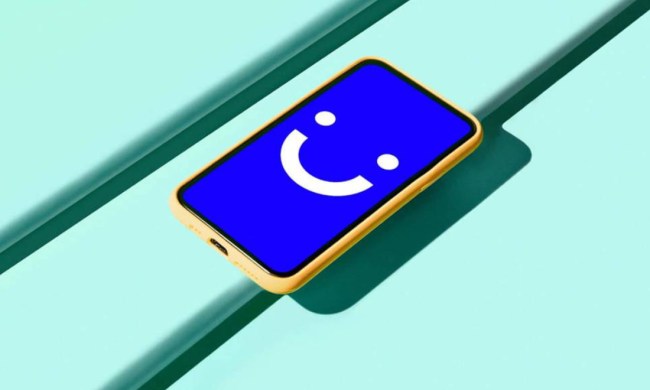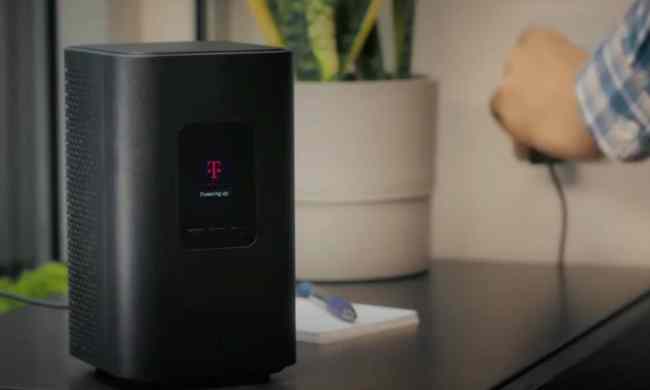5G is well and truly on the way, but we’ve been talking about it for years now — to the point where it may seem like it will never finally arrive. In partnership with T-Mobile, research firm HarrisX has conducted a study on the perception of 5G and it looks like many are excited about the changes that it could bring.
The study is the first “5G Consumer Index” to be conducted by the two companies and it’s likely that findings will vary drastically as 5G finally begins to roll out. HarrisX says that this is the first release of a tracking program that will be repeated quarterly through 2019.
According to the study, consumers have high expectations for 5G and those expectations may not be fully met. Sixty-four percent of respondents, for example, expect 5G to be “widely available” by 2020, with improvements expected including faster data speed, wider coverage, and more.
5G awareness may be going up, but it’s not as high as the awareness of some other emerging tech. While 57 percent of respondents had heard of 5G, 78 percent had heard of artificial intelligence and 83 percent of virtual reality. Perhaps unsurprisingly, awareness of 5G is highest in cities where it’s expected to roll out first — such as Las Vegas, with 74 percent awareness, Los Angeles, with 66 percent awareness, and Orlando and Miami, which each had 62 percent awareness. Of course, that’s expected to go up drastically as 5G rolls out and consumers can actually use it.
While many may be aware of 5G, that doesn’t necessarily mean they fully understand it. One in three respondents said that 5G was already available, and while some early versions of 5G have started rolling out, they’re largely not standardized. The perception that 5G is already available could be due to marketing campaigns by the likes of AT&T, which will be labeling advanced forms of 4G “5G E.”
Once 5G does roll out, it could have a significant impact on the economy and tech industry. Fifty-five percent of respondents said that they expect 5G will enable the development of new technologies, while a little over half said it will allow for the creation of new jobs.
Interestingly enough, Verizon and Apple are both perceived as leaders in 5G, and while you could certainly make a case for Verizon being a leader, Apple isn’t expected to adopt 5G in the iPhone until at least 2020. Verizon and Apple are followed by AT&T, Google, Samsung, Microsoft, and Amazon, before T-Mobile.



